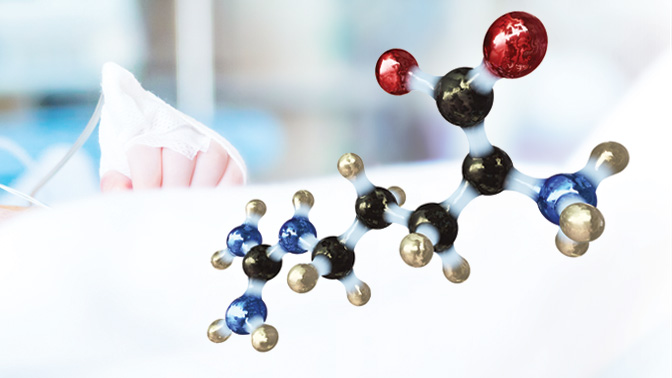
A simple dietary supplement (L-arginine) has been found to improve birth outcomes, paving the way for future clinical trials to test this inexpensive and safe intervention.
The results come from a manuscript entitled, “Malaria in pregnancy alters L-arginine bioavailability and placental vascular development.” published in Science Translational Medicine by researchers at University Health Network (UHN) and the University of Toronto.
The report reveals that Malawian women with malaria in pregnancy had altered levels of L-arginine which were associated with poor birth outcomes. L-arginine is an amino acid that improves blood flow and circulation and that humans get from their diet from foods such as eggs, meat, dairy. Peanuts are also a rich source of the amino acid.
Moreover, using an experimental model of malaria in pregnancy, the researchers supplemented the diet of pregnant mice with L-arginine and found increased blood vessel development in the placenta and reduced low birth weight/preterm birth and stillbirth.
Preterm birth and stillbirth are leading causes of childhood death, accounting for an estimated 2 million deaths per year; however, there are few safe and effective interventions. Globally, many of these poor birth outcomes are associated with maternal infections such as malaria.
Led by Dr. Chloe McDonald and Dr. Kevin Kain at UHN’s Toronto General Hospital Research Institute (TGHRI), the scientists show that supplementing the diet with L-arginine prevented malaria from depleting the L-arginine-nitric oxide (NO) pathway.
In the body, L-arginine is converted into NO, which is critical for normal placental blood vessel development and healthy birth outcomes. “Our work shows that L-arginine is a critical component in regulating a key pathway that promotes blood vessel development in the placenta. Infections such as malaria can impair that pathway, restricting placental vascular development. Ultimately this can result in poor birth outcomes which can have long-term effects on babies who survive, including impaired brain and behavioural development,” says Dr. McDonald, adding that research on safe, effective ways of promoting healthy birth outcomes is urgently needed.
Dr. Kain notes that the L-arginine-(NO) biosynthetic pathway identified in this research may be a common pathway underlying other conditions linked to poor birth outcomes, be they in low or high-income countries such as Canada. “Our findings have broad implications not only for malaria in pregnancy, which represent 125 million pregnancies at risk each year, but also for other globally important causes of adverse birth outcomes linked to placental development, such as preeclampsia,” says Dr. Kain, who is a Senior Scientist at TGHRI and also serves as Science Director of the Tropical Disease Unit at UHN’s Toronto General Hospital.
Because L-arginine can be given to women as a simple, safe, and inexpensive food supplement during pregnancy, Dr. Kain and Dr. McDonald are now planning human clinical trials to assess the effects of this approach on human birth outcomes.
McDonald CR, Cahill LS, Elphinstone R, Gazdzinski LM, Zhong KJY, Philson AC, Madanitsa M, Kalilani-Phiri L, Mwapasa V, ter Kuile FO, Sled JG, Conroy AL, Kain KC. Malaria in pregnancy alters L-arginine biosynthesis in Malawian women and L-arginine supplementation improves birth outcomes in a pre-clinical model. Science Translational Medicine. 07 Mar 2018. DOI: 10.1126/scitranslmed.aan6007.
This research was supported by the Global Alliance to Prevent Prematurity and Stillbirth; The Bill and Melinda Gates Foundation - Grand Challenges in Global Health: Preventing Preterm Birth Initiative; Grand Challenges Canada Rising Stars in Global Health Grant; and The Canadian Institutes of Health Research. KK is a Tier 1 Canada Research Chair in Molecular Parasitology.
Article source: UHN.ca




